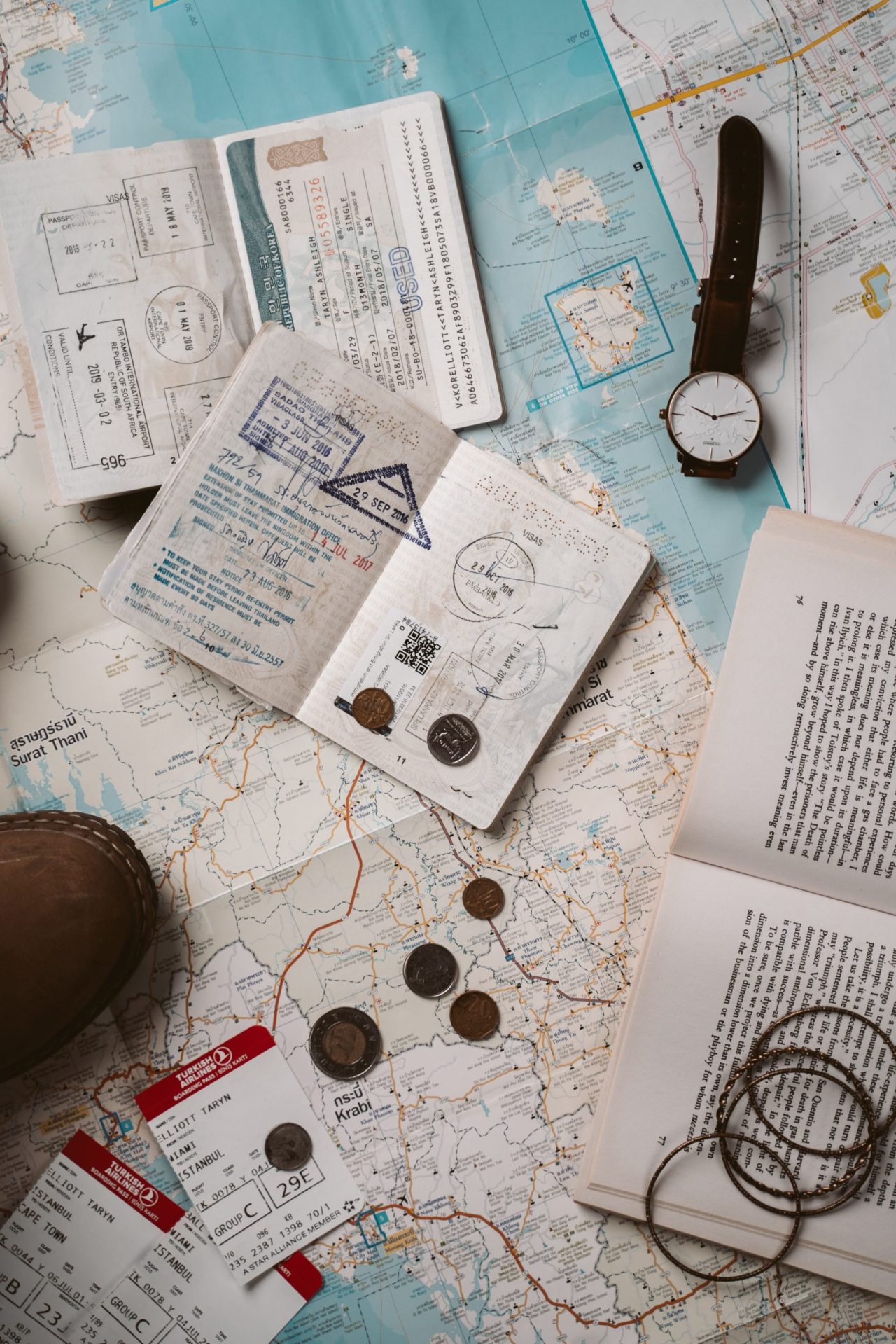
My Passport Is Proof Of The Privileges I’ll Never Have
Every time one of my American friends sees my Nepali passport, they are fascinated by the number of visas I have in it. They say, “Your passport looks so fun and colorful.”
The truth is that every visa on my passport is hours of paperwork filled with anxiety and anticipation that includes how much money I have in my bank account, proof of college or work, medical records, and letters of invitation.
Those who are privileged enough to be born in a country that can choose to fly to any country they want whenever they want will not understand that there is no such thing as spontaneous travel for someone like me. I can’t just buy a one-way ticket anywhere; I also need to show proof of a return ticket so I don’t overstay my visa. If I do, there is a chance of deportation or a permanent ban from the country.
I can’t ‘eat, pray, love’ because I have a mid-life crisis or need an escape.
Before I traveled internationally on my own, I thought everyone had to go through the same process. I thought it was something everyone had to do, so I didn’t mind the extra work.
One of my first experiences feeling like a third-class citizen was when I traveled to Italy from Ireland with a bunch of my American classmates. They all went through immigration by showing their passports while I was pulled aside. My friends looked at me with confusion and doubt, as they could not understand why the trip was getting delayed because of me.
I had to take out my binder with my entire life and show it to the airport officials. In addition, I also needed to deliver a letter from the school saying that I was a student there who would promptly return to my country before my visa expired.
My friends were curious, and I told them this is how it is for people from Nepal. They looked at my passport and said they wished their passports could be this fun, and I told them, “No, you don’t.”
Whenever my friends ask me if I want to go somewhere on a whim, I can’t say yes because traveling anywhere means weeks of paperwork, money on visa applications, and an interview to see if I can be allowed into a country. It is a part of reality that I have accepted from a young age.
I am grateful to have had the opportunity to travel as much as I have in my life, and I am looking forward to doing more. However, it doesn’t come without maintaining a certain amount of money in my bank and proof that I will always go back to where I came from. It makes me feel like I am never quite welcome anywhere, but I am persistent and resilient.
If that is what I need to do to travel, I will. That is a part of life, and being born in a specific country has its challenges.
I am not mad at my friends for their curiosity. They don’t know what it’s like, so they don’t understand. They try.
I am not complaining about my life; I have been fortunate to travel, see places, and meet many people. I am trying to say that there is a story behind every colorful passport you see. It may seem fun, but it is hours of work and thousands of dollars spent on it without a guarantee that a country will let you in.
This is the reality of the lives of people from developing countries looking for opportunities in life with more hurdles than you can imagine. Most developed countries are very selective about whom they can allow into their countries, and those of us who do get the opportunity are considered very lucky.
As a permanent resident, I have many more privileges that I didn’t have before, but it came with a price. But that is what foreign nationals must do—prove they are worthy of it. Some get lucky.
Next time you see someone with a passport filled with visas and stamps, I hope you realize that there is much more to it than the colors. It is an uncountable number of hours waiting in anticipation, hundreds and thousands of dollars spent in hope, and millions of dreams of whether or not they will get a chance at life they want to live.
